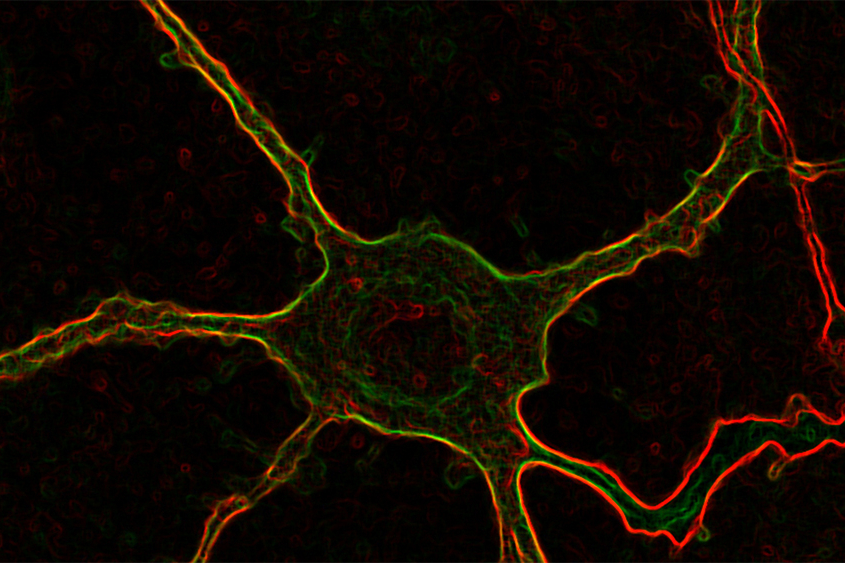Andrew’s first-author publication, an ongoing collaboration between the Bender lab at UCSF and our group, is published in Neuron!
Autism spectrum disorder (ASD) is associated with dysfunction in hundreds of genes. How dysfunction in ASD-associated genes converge on shared biological mechanisms remains an open question. Dysfunction in sodium channels and their ankyrin scaffolding partners have both been implicated in neurodevelopmental disorders, including autism spectrum disorder (ASD). In particular, the genes SCN2A, which encodes the sodium channel NaV1.2, and ANK2, which encodes ankyrin-B, have strong ASD association. Recent studies indicate that ASD-associated haploinsufficiency in Scn2a impairs dendritic excitability and synaptic function in neocortical pyramidal cells, but how NaV1.2 is anchored within dendritic regions is unknown. Here, we show that ankyrin-B is essential for scaffolding NaV1.2 to the dendritic membrane of mouse neocortical neurons, and that haploinsufficiency of Ank2 phenocopies intrinsic dendritic excitability and synaptic deficits observed in Scn2a+/- conditions. These results establish a direct, convergent link between two major ASD risk genes and reinforce an emerging framework suggesting that neocortical pyramidal cell dendritic dysfunction can contribute to neurodevelopmental disorder pathophysiology.
This work was featured in The Transmitter and in a press release from Michigan Medicine. Congrats, Andrew and team!!











